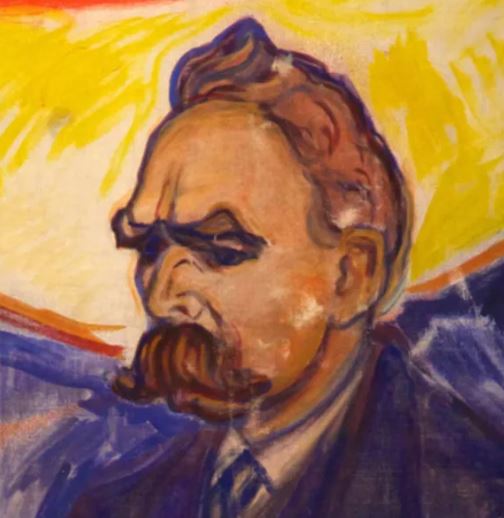A New Yorker article explains “Why thinkers of every political persuasion keep finding inspiration in the philosopher.”
That’s a long way to come for a philosopher who in his lifetime was dismissed as a non-philosopher by the official philosophers of the day. Biographer Marianne Cowen reports that Nietzsche’s colleagues told their students not to take Nietzsche’s courses since he was a lightweight and not really a philosopher:
“For a time, Nietzsche, then professor of classical philology at the University of Basle, had no students in his field. His lectures were sabotaged by German philosophy professors who advised their students not to show up for Nietzsche’s courses.”
Sometimes “X is no philosopher!” is a cheap way of not having to engage with the other. But second-rate thinkers are sometimes trapped in a style of doing philosophy and can’t recognize what others are doing as philosophy. Both responses are weaknesses. Aside from Nietzsche, Kierkegaard, Heidegger, and Rand are the philosophers who have most exposed those weaknesses in others.
Related: My posts on philosophy and intellectual history.
